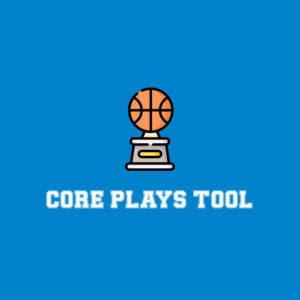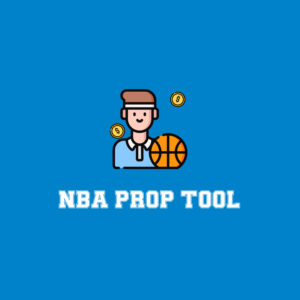
Each week through the NFL season, I’ll review my single-entry DFS lineup, as well as a couple others. I will also track success rates throughout the season. The criteria for the other lineups to make the article (and tracking) will be over 10% of my overall investment. This week, that includes:
- Single-entry lineup
- Afternoon-only lineup
The goal here is to hold myself accountable for the decisions I make while also helping to provide a blueprint for long term success in GPPs.
Throughout the year, I’ll emphasize the top 10% and top 1% hit rates. While profit/loss is at the mercy of significant variance at the top of tournaments, these hit rates stabilize much faster and can therefore paint a stronger picture of our performance.
The single-entry
A lot of snowflakes, but were they bad process?
Every choice we make can be categorized in one of four groups:
- Bad Process, Bad Outcome
- Bad Process, Good Outcome
- Good Process, Bad Outcome
- Good Process, Good Outcome
We’ll begin with No. 1:
Bad process, bad outcome
The Eagles/Niners stack was close to making this category (for reasons I’ll soon discuss), but ultimately I like the stack and the lineup as a whole. This category is N/A this week.
Bad process, good outcome
N/A
Good process, bad outcome
1. Eagles/49ers stack
I had high hopes immediately after Jalen Hurts hit Jalen Reagor for a TD, only to have it called back because Reagor stepped out of bounds before making the catch — little did I know, my day wouldn’t turn around.
Everything that could go wrong after that, did. Hurts connected with Quez Watkins for 91 yards, only for Nick Sirianni to put on a clinic on what not to do with first-and-goal from the 1. The Niners took the lead and bled clock for the entirety of the second half, leading to just four second-half completions by Hurts.
This was the concern — I am a big proponent of the importance of pace in game stacks, and the pace of this game was close to being too fragile to call this stack good process. However, I was after a ceiling outcome, and an Eagles lead would have forced SF to quicken their pace, as well.
As for George Kittle, I loved our Kyle Murray’s idea from the FTN NFL Live show to pay up at TE. Paying up at TE within a still-cheap stack was therefore extremely enticing.
Last but not least, DeVonta Smith was top five on the week in air yards, but he hauled in just two receptions. Clearly, he could have had a big week.
Smith was top five in air yards, but Chase Claypool was No. 2. On the first two drives, Ben Roethlisberger was 0-for-4 on deep targets to Claypool, including a near miss in the endzone. Ugh. I’ll continue to buy low here, believing in Claypool’s chance to breakout into stardom.
Good process, good outcome
1. Austin Ekeler, Ezekiel Elliott
I went from Monday to Sunday morning expecting to run a Chargers/Cowboys passing stack, but the entirety of the stack moved up in ownership, including Mike Williams (5% up to 10%) and Jared Cook (10% to 15%). While these movements might seem insignificant, think of it this way — Dak Prescott and Justin Herbert were projected for around 35% combined ownership. Let’s conservatively say that meant that 25%-30% of all single-entry lineups were going to be LAC/DAL game stacks. Moving from 5% to 10%, in Williams’ case, therefore likely meant that he was moving from around 20% to around 40% within those game stacks. This was the most relevant ownership number to me, since I was originally thinking Williams would be a way to diversify within the stone-chalk game stack.
Austin Ekeler and Ezekiel Elliott provided a massive amount of correlated leverage over all of those passing stacks. Ironically, as bad as my lineup was, I got this fade correct — and Ekeler and Elliott could have had massive games in the exact script that played out. Ekeler had 22-plus DK points despite no scores, and Elliot had 17 despite Tony Pollard rushing for over 100 yards and a score himself.
2. Bills DST
I won’t often discuss defenses, but this one is worth noting. We had the trifecta here — a poor offensive line, a great defensive line and a high probability of Miami needing to throw the ball a lot. Why were they 1% rostered?
The other lineups
Notes:
I loved my SEA/TEN stack, but this lineup failing to cash shows the difficulty of using such an expensive stack. Since DK Metcalf failed, I simply didn’t have enough firepower remaining to make up for his lackluster performance. This is ultimately what kept me away from this stack on the main slate (although, ironically this exact lineup would have cashed on the main slate).
This line ran bad a little bit as well, considering Julio Jones’ overturned TD. Honestly, it’s better this way — here’s to hoping all of the run-bad happened at once, and next week my fortunes will turn around. Week 2 was a big disappointment to the bankroll, but I’m actually happier with my process than I was in Week 1, where I comfortably profited. Alas, this is the GPP life.








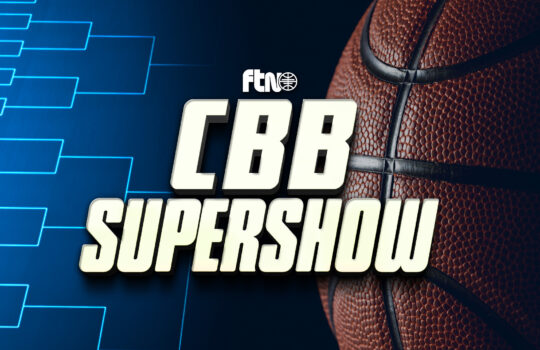

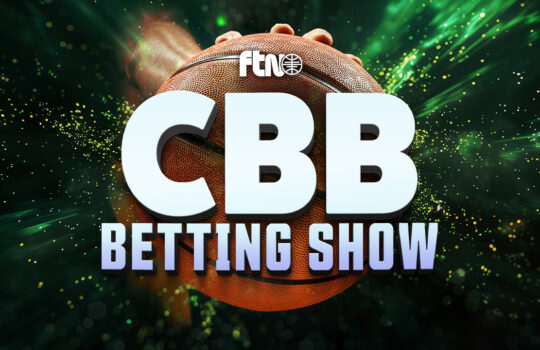











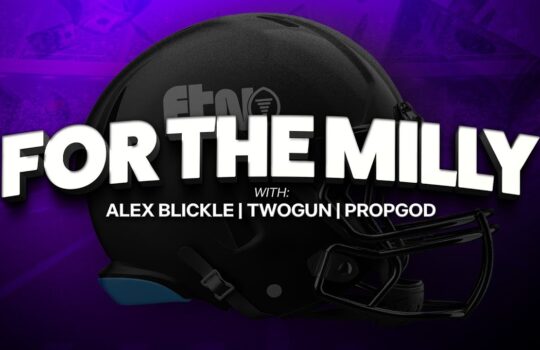






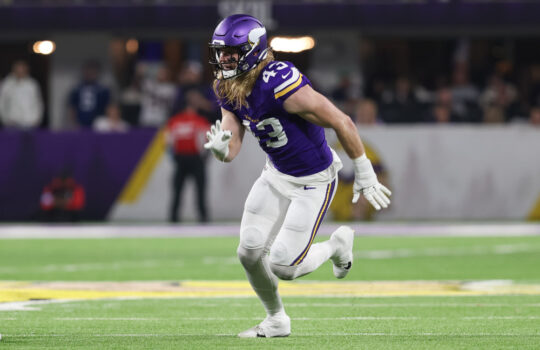



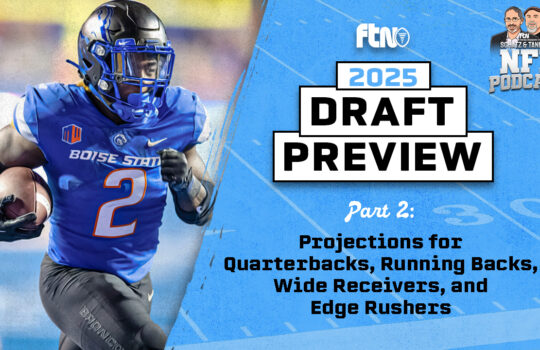

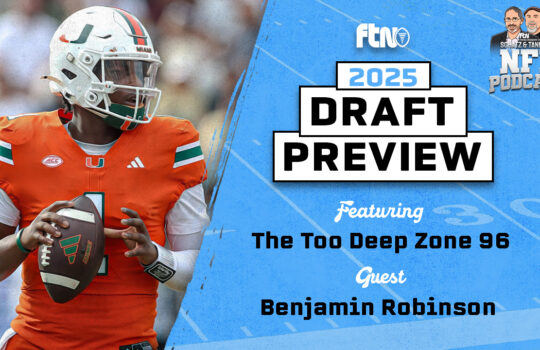
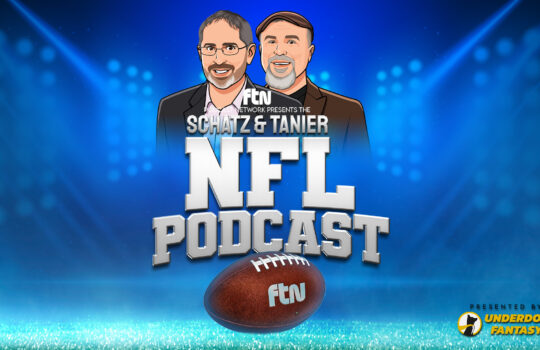




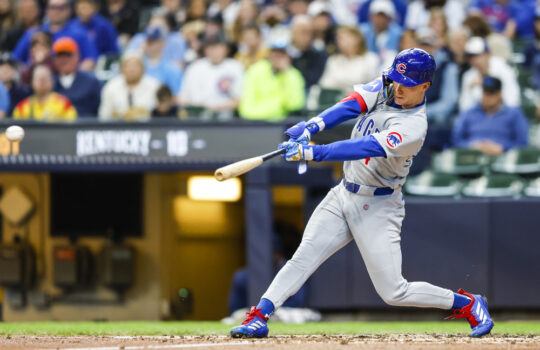

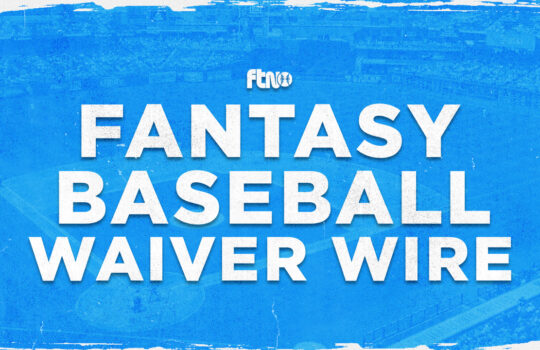

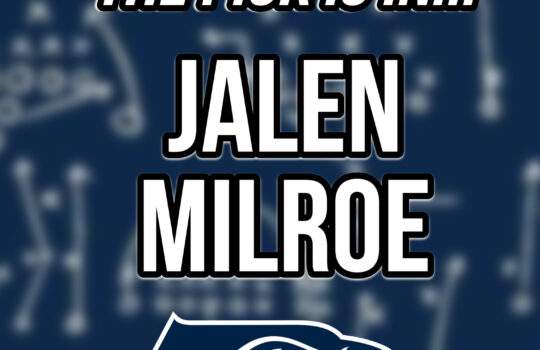

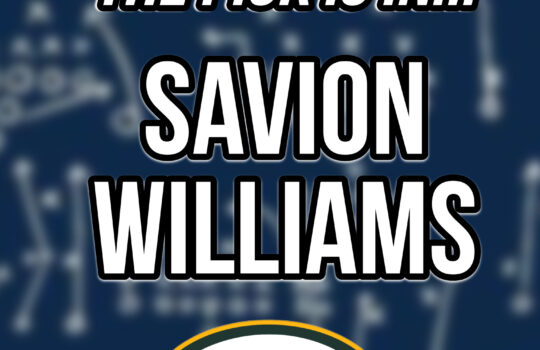
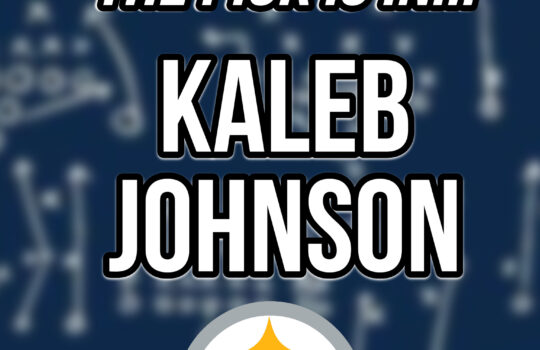

 New York Jets
New York Jets  New England Patriots
New England Patriots 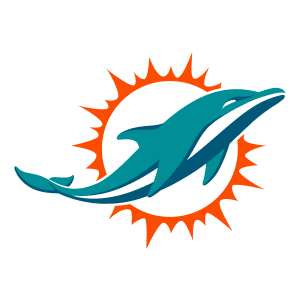 Miami Dolphins
Miami Dolphins  Buffalo Bills
Buffalo Bills  Pittsburgh Steelers
Pittsburgh Steelers  Cleveland Browns
Cleveland Browns  Cincinnati Bengals
Cincinnati Bengals  Baltimore Ravens
Baltimore Ravens 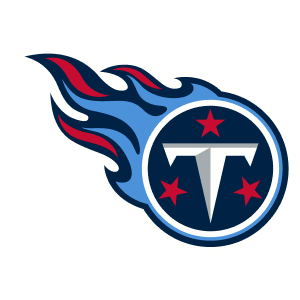 Tennessee Titans
Tennessee Titans  Jacksonville Jaguars
Jacksonville Jaguars  Indianapolis Colts
Indianapolis Colts  Houston Texans
Houston Texans  Las Vegas Raiders
Las Vegas Raiders 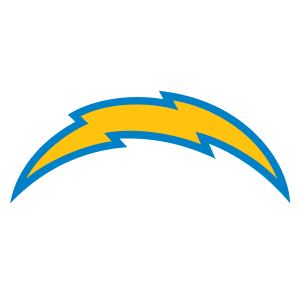 Los Angeles Chargers
Los Angeles Chargers  Kansas City Chiefs
Kansas City Chiefs 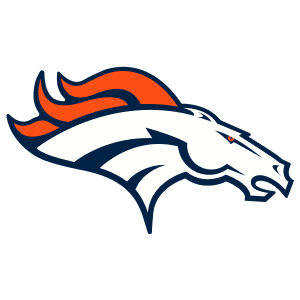 Denver Broncos
Denver Broncos  Washington Commanders
Washington Commanders  Philadelphia Eagles
Philadelphia Eagles 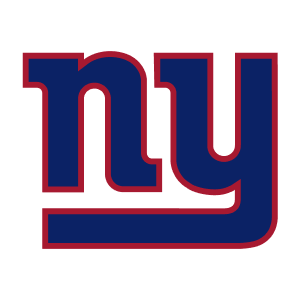 New York Giants
New York Giants  Dallas Cowboys
Dallas Cowboys  Minnesota Vikings
Minnesota Vikings 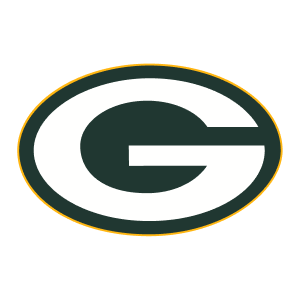 Green Bay Packers
Green Bay Packers 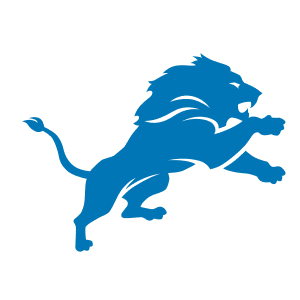 Detroit Lions
Detroit Lions 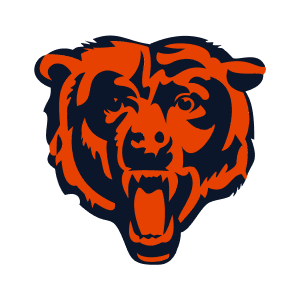 Chicago Bears
Chicago Bears 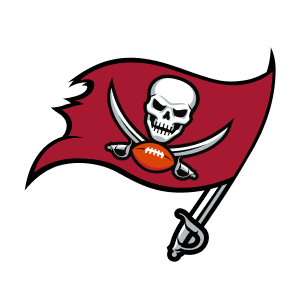 Tampa Bay Buccaneers
Tampa Bay Buccaneers  New Orleans Saints
New Orleans Saints 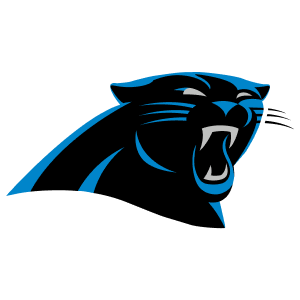 Carolina Panthers
Carolina Panthers 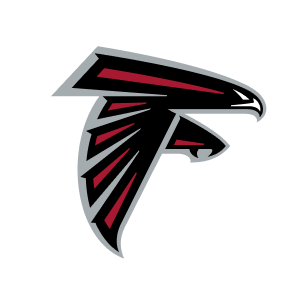 Atlanta Falcons
Atlanta Falcons  San Francisco 49ers
San Francisco 49ers 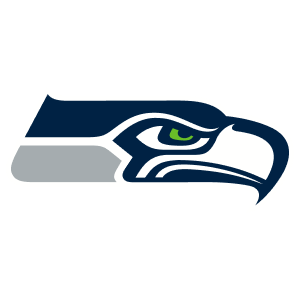 Seattle Seahawks
Seattle Seahawks  Los Angeles Rams
Los Angeles Rams 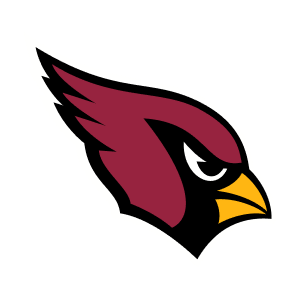 Arizona Cardinals
Arizona Cardinals 
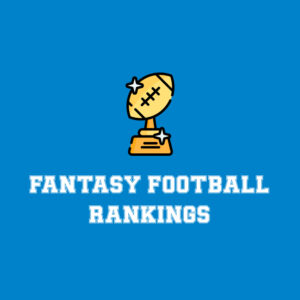
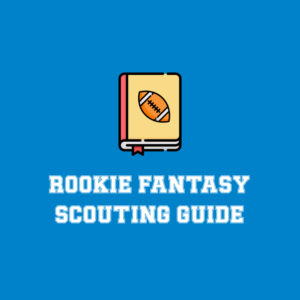






 Boston Celtics
Boston Celtics  Brooklyn Nets
Brooklyn Nets  Philadelphia 76ers
Philadelphia 76ers  New York Knicks
New York Knicks  Toronto Raptors
Toronto Raptors  Chicago Bulls
Chicago Bulls  Detroit Pistons
Detroit Pistons  Milwaukee Bucks
Milwaukee Bucks  Cleveland Cavaliers
Cleveland Cavaliers  Indiana Pacers
Indiana Pacers  Orlando Magic
Orlando Magic 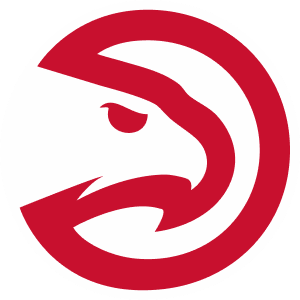 Atlanta Hawks
Atlanta Hawks  Charlotte Hornets
Charlotte Hornets  Miami Heat
Miami Heat  Washington Wizards
Washington Wizards  Denver Nuggets
Denver Nuggets  Minnesota Timberwolves
Minnesota Timberwolves  Oklahoma City Thunder
Oklahoma City Thunder  Portland Trail Blazers
Portland Trail Blazers  Utah Jazz
Utah Jazz  LA Clippers
LA Clippers  Golden State Warriors
Golden State Warriors  Los Angeles Lakers
Los Angeles Lakers  Phoenix Suns
Phoenix Suns  Sacramento Kings
Sacramento Kings  Dallas Mavericks
Dallas Mavericks  Houston Rockets
Houston Rockets  Memphis Grizzlies
Memphis Grizzlies  New Orleans Pelicans
New Orleans Pelicans  San Antonio Spurs
San Antonio Spurs 

